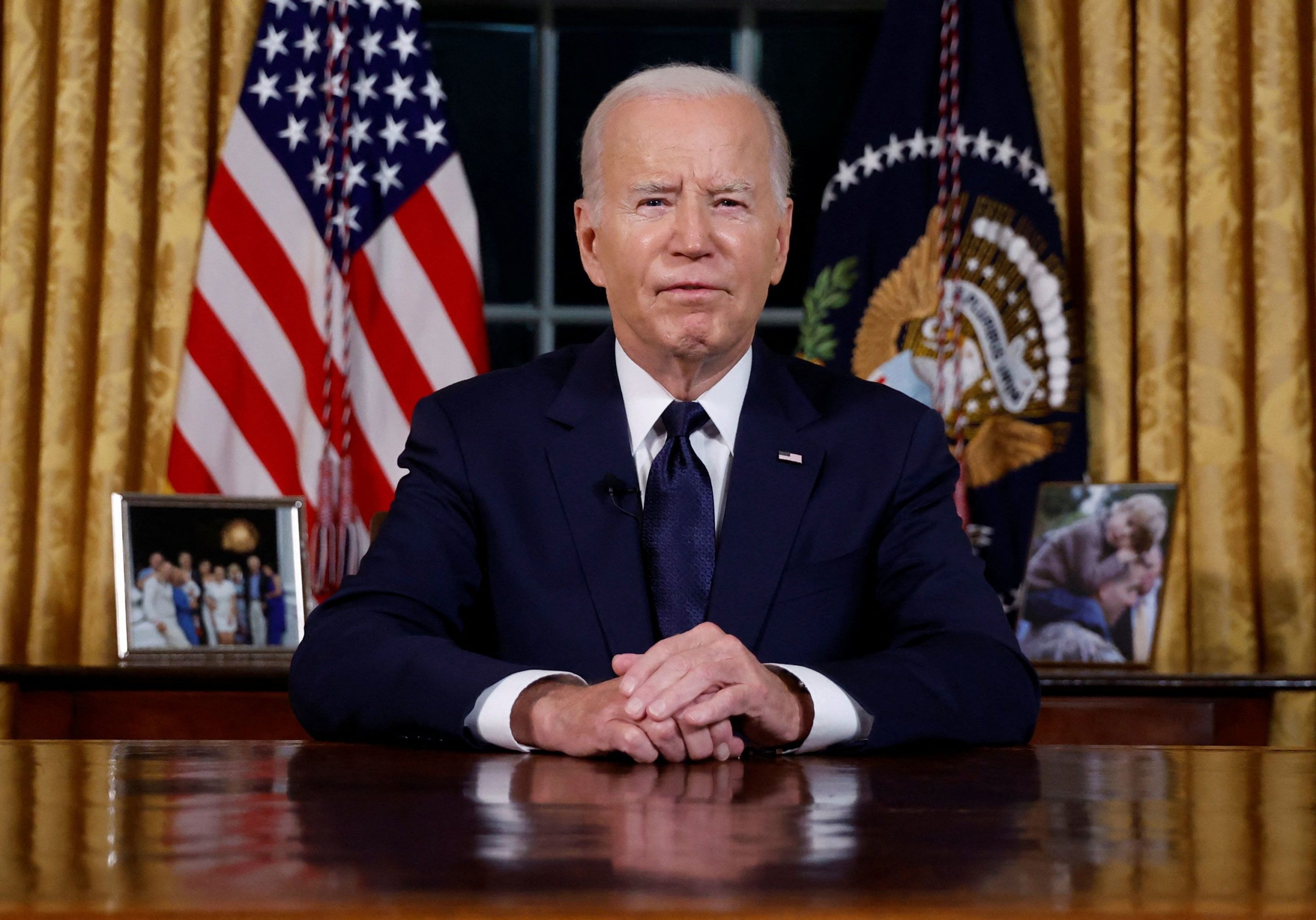The specter of foreign interference looms large over the 2024 US election, particularly the shadow of Russia’s past meddling. Will history repeat itself, or will the United States be better prepared to thwart attempts to manipulate the democratic process?
Russia’s History of Meddling:
- 2016 Election: Russia engaged in a multifaceted campaign to influence the 2016 election, including hacking Democratic Party emails, deploying social media bots and trolls to spread disinformation, and targeting specific demographics with misleading content.
- 2020 Election: While less overt, concerns remain about Russia’s attempts to disrupt the 2020 election through similar tactics, likely seeking to sow discord and erode trust in the democratic process.
Motives and Tactics:
- Weakening US democracy: Russia perceives a strong US as a threat to its own interests and ambitions. Destabilizing American democracy weakens its global influence and disrupts its international rivals.
- Sowing discord and division: Stoking partisan tensions and exacerbating social divisions serves Russia’s goal of undermining American unity and eroding public trust in government institutions.
- Cyberattacks and disinformation: Hacking critical infrastructure, manipulating online discourse, and spreading fake news remain key tools in Russia’s arsenal for disrupting elections and influencing public opinion.
Is the US Prepared?
- Increased awareness: US intelligence agencies are more focused on foreign interference efforts and have developed improved methods for detecting and attributing malicious activity.
- Cybersecurity measures: Government agencies and election officials are taking steps to upgrade voting systems, implement stricter cybersecurity protocols, and mitigate vulnerabilities.
- Information sharing: Collaboration between the public and private sectors, including social media platforms, is crucial for identifying and countering disinformation campaigns.
- International cooperation: Working with allies on cybersecurity standards and sharing threat intelligence can help disrupt and prevent foreign interference attempts.
Challenges Remain:
- Evolving methods: Russia and other actors constantly adapt their tactics, making it a continuous game of cat and mouse.
- Social media vulnerabilities: Exploiting social media platforms to spread disinformation and target specific demographics remains a challenge for democracies.
- Political polarization: A divided political landscape can make it easier for foreign actors to exploit existing tensions and sow discord.
Can We Stop Another Meddling Attempt?
Vigilance and proactive measures are essential to thwart foreign interference. Here’s what can be done:
- Support efforts to strengthen cybersecurity: Advocate for investments in secure voting systems, cybersecurity expertise, and threat detection technologies.
- Critically evaluate online information: Be wary of sensational headlines, suspicious claims, and unverified sources. Share information responsibly and fact-check before spreading content.
- Demand transparency from social media platforms: Hold platforms accountable for their role in disseminating misinformation and encourage them to implement stricter content moderation policies.
- Engage in constructive dialogue: Bridge the partisan divide and promote respectful civil discourse to counter efforts to sow discord and exploit differences.
A Call to Action:
Protecting our elections from foreign interference is not just a matter of national security, it’s a vital safeguard for our democracy. By prioritizing cybersecurity, combatting disinformation, and fostering responsible online behavior, we can ensure that the 2024 election is truly free and fair, reflecting the will of the American people.
Remember, a strong democracy depends on informed and engaged citizens. Let’s work together to counter foreign meddling, uphold the integrity of our electoral process, and safeguard the future of our nation
